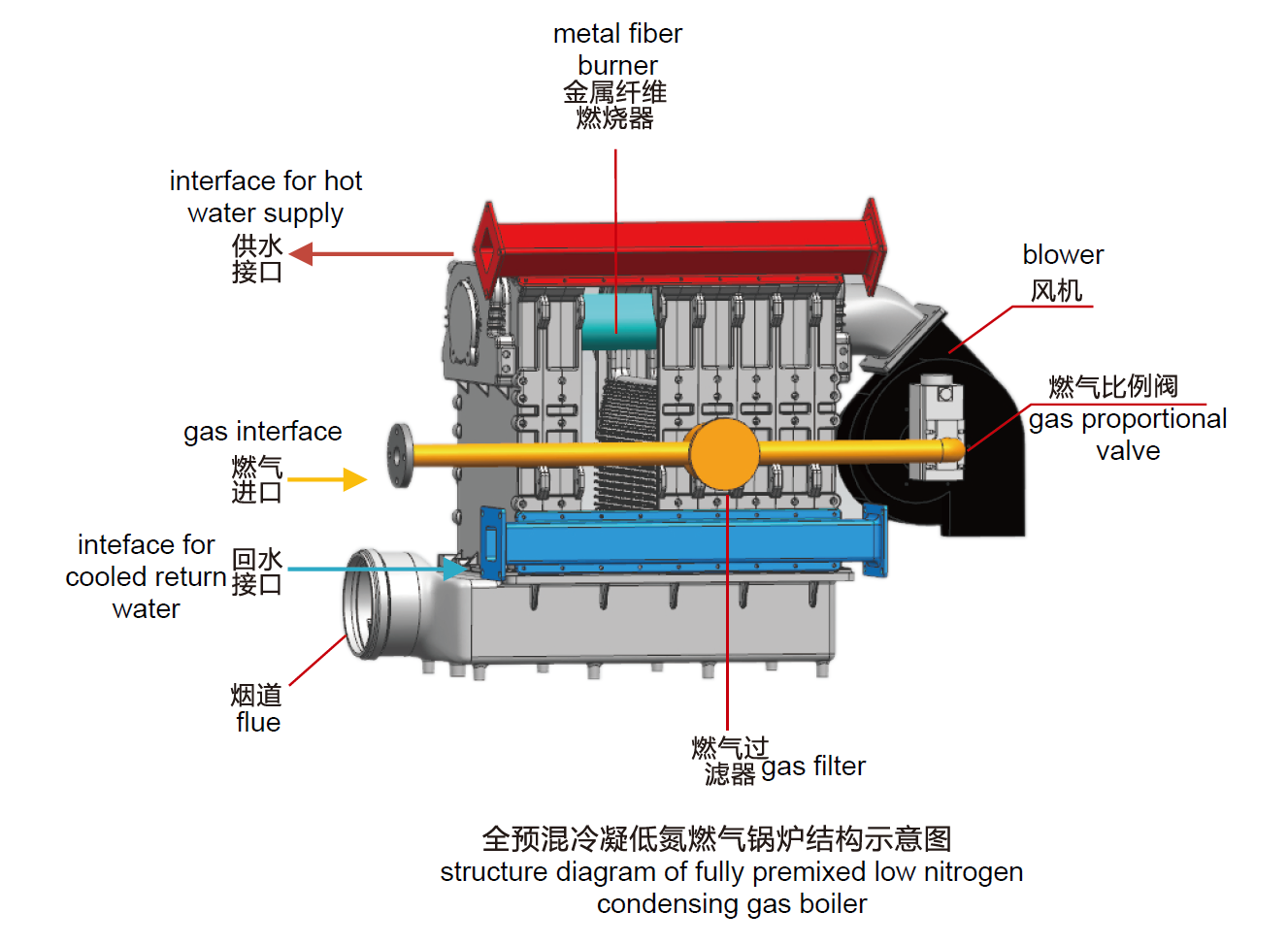- Afrikaans
- Albanian
- Amharic
- Arabic
- Armenian
- Azerbaijani
- Basque
- Belarusian
- Bengali
- Bosnian
- Bulgarian
- Catalan
- Cebuano
- China
- China (Taiwan)
- Corsican
- Croatian
- Czech
- Danish
- Dutch
- English
- Esperanto
- Estonian
- Finnish
- French
- Frisian
- Galician
- Georgian
- German
- Greek
- Gujarati
- Haitian Creole
- hausa
- hawaiian
- Hebrew
- Hindi
- Miao
- Hungarian
- Icelandic
- igbo
- Indonesian
- irish
- Italian
- Japanese
- Javanese
- Kannada
- kazakh
- Khmer
- Rwandese
- Korean
- Kurdish
- Kyrgyz
- Lao
- Latin
- Latvian
- Lithuanian
- Luxembourgish
- Macedonian
- Malgashi
- Malay
- Malayalam
- Maltese
- Maori
- Marathi
- Mongolian
- Myanmar
- Nepali
- Norwegian
- Norwegian
- Occitan
- Pashto
- Persian
- Polish
- Portuguese
- Punjabi
- Romanian
- Russian
- Samoan
- Scottish Gaelic
- Serbian
- Sesotho
- Shona
- Sindhi
- Sinhala
- Slovak
- Slovenian
- Somali
- Spanish
- Sundanese
- Swahili
- Swedish
- Tagalog
- Tajik
- Tamil
- Tatar
- Telugu
- Thai
- Turkish
- Turkmen
- Ukrainian
- Urdu
- Uighur
- Uzbek
- Vietnamese
- Welsh
- Bantu
- Yiddish
- Yoruba
- Zulu
Oct . 18, 2024 14:30 Back to list
Properties and Applications of Wrought Aluminum Alloys in Modern Engineering
Wrought aluminum alloys are a crucial category of aluminum materials that undergo mechanical processes such as rolling, extrusion, and forging, resulting in products with superior strength and formability. These alloys are prevalent in various industries, including aerospace, automotive, and construction, due to their excellent mechanical properties, lightweight nature, and resistance to corrosion.
Aluminum alloys are typically categorized into two main types wrought and cast. Wrought aluminum alloys have various benefits over their cast counterparts, including a more uniform microstructure and improved mechanical properties. This uniformity is achieved through the deformation processes that wrought alloys undergo, making them more suitable for applications that demand high strength-to-weight ratios.
Wrought aluminum alloys are identified by a four-digit numbering system established by the Aluminum Association. The first digit indicates the primary alloying element 1xxx series contains at least 99% aluminum, while the 2xxx series incorporates copper, and the 7xxx series often includes zinc. Each of these alloys exhibits unique properties. For example, the 2xxx series alloys are known for their high strength, making them ideal for aerospace applications, while the 6xxx series is favored in architectural applications due to its good corrosion resistance and machinability.
wrought aluminum alloys

One of the most significant advantages of wrought aluminum alloys is their ability to be easily formed into various shapes and sizes. This versatility allows manufacturers to create complex geometries that are essential in modern engineering. Moreover, the alloys can be heat-treated to enhance their strength, making them suitable for applications that require durability and performance under stress.
The environmental benefits of wrought aluminum alloys should also be highlighted. Aluminum is highly recyclable, with the recycling process consuming only a fraction of the energy required to produce new aluminum from raw ore. This characteristic makes it a preferred material in sustainability-focused industries.
In summary, wrought aluminum alloys are vital materials in today’s engineering landscape. Their unique properties, combined with environmental advantages, position them as a sustainable and high-performance choice across various sectors. As technology advances, the development and application of these alloys will likely continue to evolve, further expanding their role in innovative designs and structures.
-
Premium Cast Iron Water Main Pipe: Durable, Corrosion-Resistant
NewsAug.03,2025
-
Durable Cast Iron Water Mains | AI-Optimized Systems
NewsAug.02,2025
-
High-Efficiency Propane Boiler for Baseboard Heat | Save Energy
NewsAug.01,2025
-
Premium Source Suppliers for Various Gray Iron Castings
NewsJul.31,2025
-
Durable Cast Iron Water Main Pipes | Long-Lasting
NewsJul.31,2025
-
High-Quality Cast Iron Water Main Pipe for Durable Infrastructure
NewsJul.30,2025


